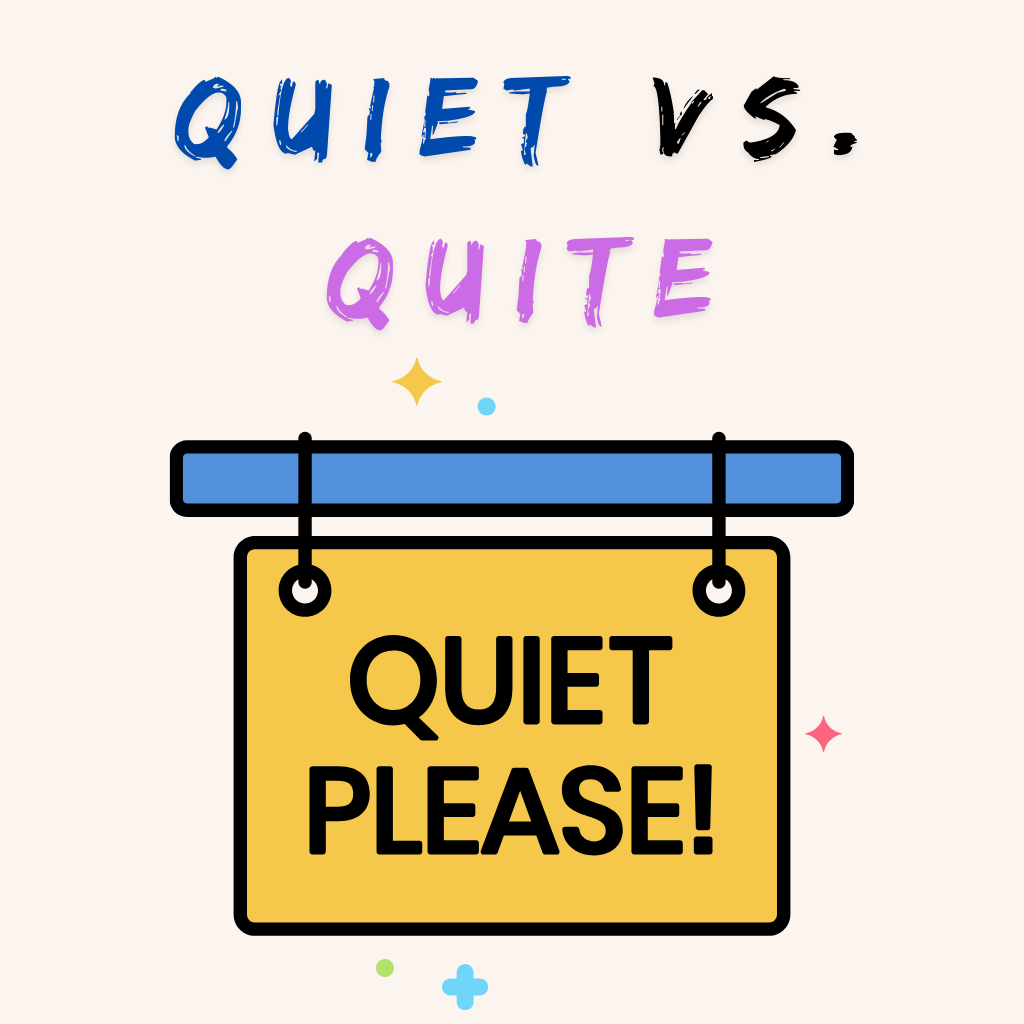Learning new words can be simple and fun! This guide will teach you how to easily master 50 new words every week.
Why 50 Words?
- Adds 2,600+ words to your vocabulary yearly.
- Boosts confidence in writing, speaking, and comprehension.
- Fits into busy schedules with 10–15 minutes/day.
The Weekly Plan Breakdown
Here's how to spread out your learning throughout the week:
| Day | New Words | Review | Activities |
|---|---|---|---|
| Monday | 10 | Previous week's words | Introduction & context |
| Tuesday | 10 | Monday's words | Practice & usage |
| Wednesday | 10 | Tuesday's words | Sentences & examples |
| Thursday | 10 | Wednesday's words | Real-life application |
| Friday | 10 | Thursday's words | Creative practice |
| Weekend | 0 | All week's words | Games & review |
Smart Learning Methods
1. Word Grouping Strategy
Don't learn random words. Group them by:
- Topic (e.g., business, cooking, travel)
- Function (e.g., describing emotions, giving directions)
- Word family (e.g., happy, unhappy, happiness, happily)
Why This Works
2. Daily Time Management
Morning Session (15 minutes):
• Learn 5 new words
• Quick review of yesterday's words
Evening Session (15 minutes):
• Learn 5 more words
• Practice using all 10 new words
Important Note
Effective Learning Techniques
1. Context-Based Learning
Instead of memorizing definitions, learn words in context:
Word: "Ambiguous"
- Instead of: "having more than one meaning"
- Learn with: "The teacher's ambiguous instructions confused the students."
2. Multi-Sensory Approach
- Visual (👀): Create mind maps
- Auditory (👂): Say words aloud
- Kinesthetic (✍️): Write example sentences
- Interactive (🎮): Use vocabulary apps
3. Spaced Repetition Schedule
| Time | Review Activity |
|---|---|
| Same day | Write 2 sentences |
| Next day | Quick flashcard review |
| 3 days later | Use in conversation |
| 1 week later | Write a short story |
| 2 weeks later | Final check |
Avoiding Burnout
Do's and Don'ts
- Take regular breaks
- Connect words to personal experiences
- Use new words in daily life
- Mix learning methods
- Cramming many words at once
- Studying when tired
- Learning similar words together
- Focusing only on memorization
- Skipping review sessions
Making Learning Fun
1. Daily Integration Activities
- Label items around your home
- Change your phone language
- Follow social media in English
- Keep a vocabulary journal
- Play word games
2. Weekly Challenges
- Monday: Word association maps
- Tuesday: Vocabulary story writing
- Wednesday: Conversation practice
- Thursday: Vocabulary sketching
- Friday: Teaching others
Progress Measurement
Track your learning with these metrics:
Weekly Self-Assessment Table
| Skill Area | Beginning of Week | End of Week |
|---|---|---|
| Recognition | □□□□□ | □□□□□ |
| Usage | □□□□□ | □□□□□ |
| Spelling | □□□□□ | □□□□□ |
| Pronunciation | □□□□□ | □□□□□ |
Tips for Success
Key Reminders:
- Quality over quantity
- Consistent practice beats cramming
- Context is crucial
- Active use reinforces learning
- Regular review prevents forgetting
Emergency Recovery Plan
If you fall behind:
- Don't try to catch up all at once
- Review missed words gradually
- Focus on most useful words first
- Adjust your weekly goal temporarily
- Get back to regular schedule slowly
Monthly Review Strategy
End of month checklist:
- Review all 200 words
- Identify challenging words
- Create summary mind maps
- Test yourself in real conversations
- Plan next month's focus areas




